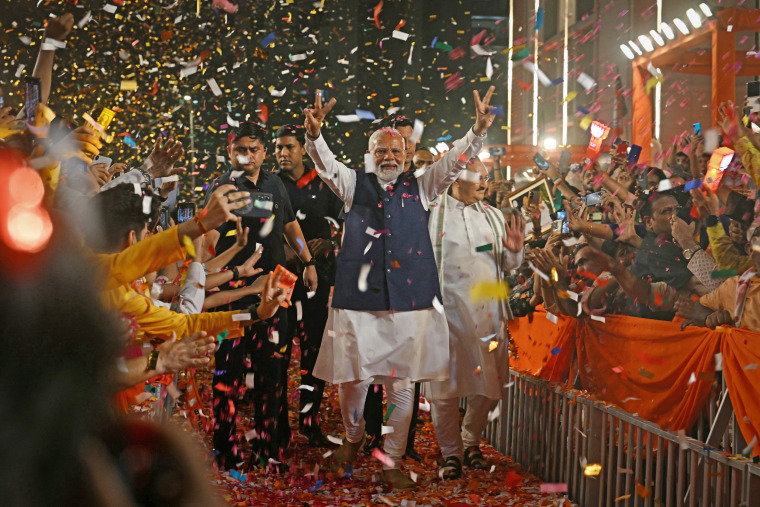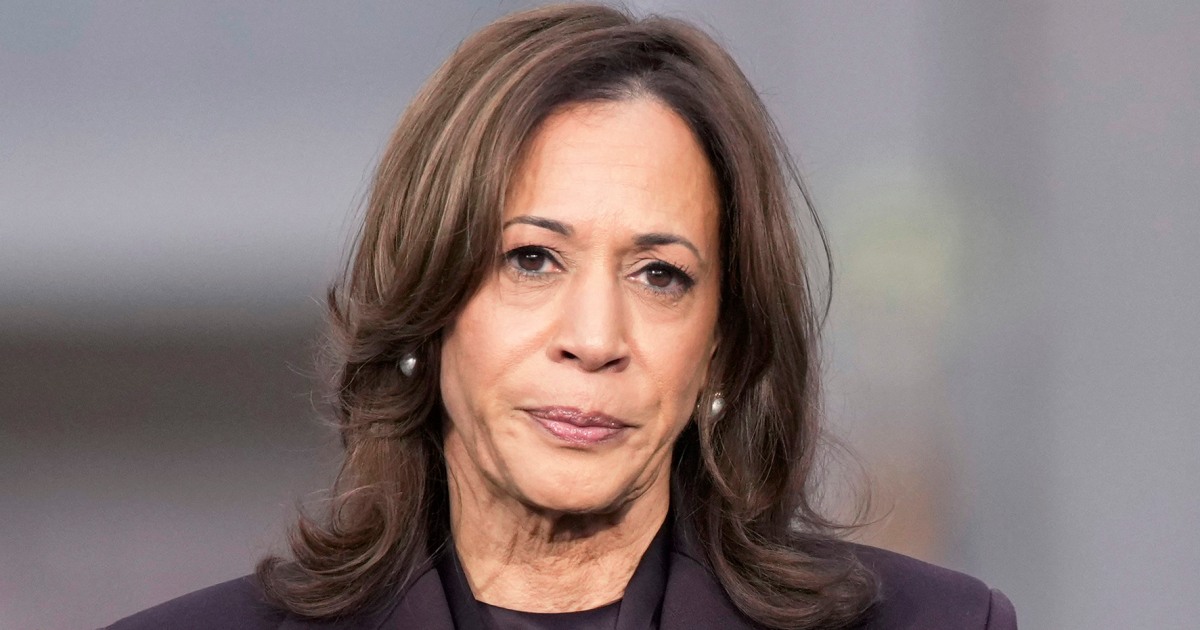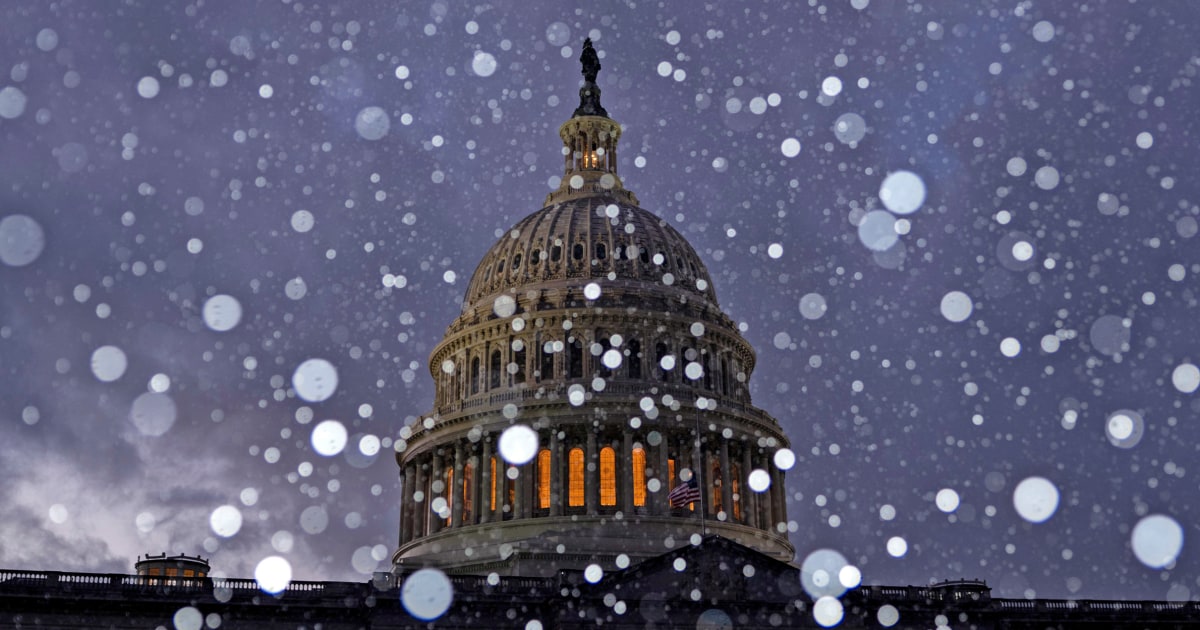“I was not surprised by Trump’s win,” he told NBC News. Around the world, “governments are being overturned on the same issue — the cost of living.”
Similar forces were at work in Japan, which experienced decades of economic stagnation give way to rising prices. In October, voters delivered a sharp rebuke to the Liberal Democratic Party, which has ruled almost continuously since its 1955 founding. Prime Minister Shigeru Ishiba only managed to hang onto power in a minority government.
“Wages haven’t gone up, meanwhile prices have more than tripled,” said Masamitsu Sudo, 51, a real estate worker from Japan’s Aichi prefecture. “I didn’t vote for LDP because they can never bring about change.”
Even Narendra Modi, India’s powerful prime minister, failed to secure a parliamentary majority in June, with voters accusing him of failing to provide enough jobs for the country’s 1.4 billion people.
Prashant Shah, 40, who runs a consultancy in the central city of Indore, criticized the party’s “highly pro capitalist attitude,” which he said put big business above jobs and inflation.
In some regions, this economic anxiety went hand in hand with concerns over mass immigration.
Trump supporters told Pew in September that border security was their second election priority behind the economy. The president-elect duly made that a key campaign message, promising to enact a policy of mass deportation.
“The failure of the Biden administration on the border and immigration,” was another factor in Trump’s win, according to the Tory grandee Smith, a longtime advocate of tougher rules. “This is not unique to the U.S. — just look at the U.K.”
Across Europe, parties on the nationalist hard right were able to tap into similar concerns, this time about people arriving from mostly Muslim-majority countries in the Middle East and Africa.

French President Emmanuel Macron lost ground to Marine Le Pen’s National Rally during snap summer parliamentary elections. In neighboring Belgium, the far-right Vlaams Belang party and the right-wing nationalist New Flemish Alliance parties trounced the ruling liberal coalition. And in Austria, the far-right Freedom Party, founded by former Nazis in the 1950s, won more votes than anyone else.
It’s a familiar cocktail. Right-wing parties have for decades risen when immigration is high and the economy is low, according to expert studies.
This time, it’s also allowed populists to make political hay.
“It’s a crisis of leadership,” said Kelley E. Currie, who has held senior State Department roles. Though she has previously been critical of Trump, her former boss, she agrees with the “dissatisfaction with out-of-touch and selfish elites” that motivated some of his supporter base.
Mainstream politicians “have committed to decades of a globalization model that has damaged the economies and social contracts of these democratic societies,” she said. “While the elites have benefited extraordinarily.”
What’s not so familiar is this historical moment.
Many people are simply becoming more unhappy, not just with their governments, but also with their own lives. Global well-being has declined for four years straight, according to an annual survey by the California nonprofit organization Six Seconds. It warns of a post-pandemic “emotional recession characterized by low well-being and high burnout.”
Some argue that social media is partly to blame, its algorithms pushing discord, rewarding trenchant, binary opinions, while enabling people to compare their imperfect lives to the curated happiness of others, according to this 2022 study and others.
“Social media harnesses outrage and highlights negativity more than positivity,” said Kleinfeld at Carnegie Endowment for International Peace. And increasingly, politicians are held responsible because the pandemic “made government a bigger and much more public player in people’s everyday lives.”
Politicians made mistakes and “the vehemence of public views made it impossible to please everyone,” she said. Leaders were “under a spotlight from their voters that made outrage and distrust vastly more viral than support.”
“Given that, it’s no wonder so many of them got thrown out.”








